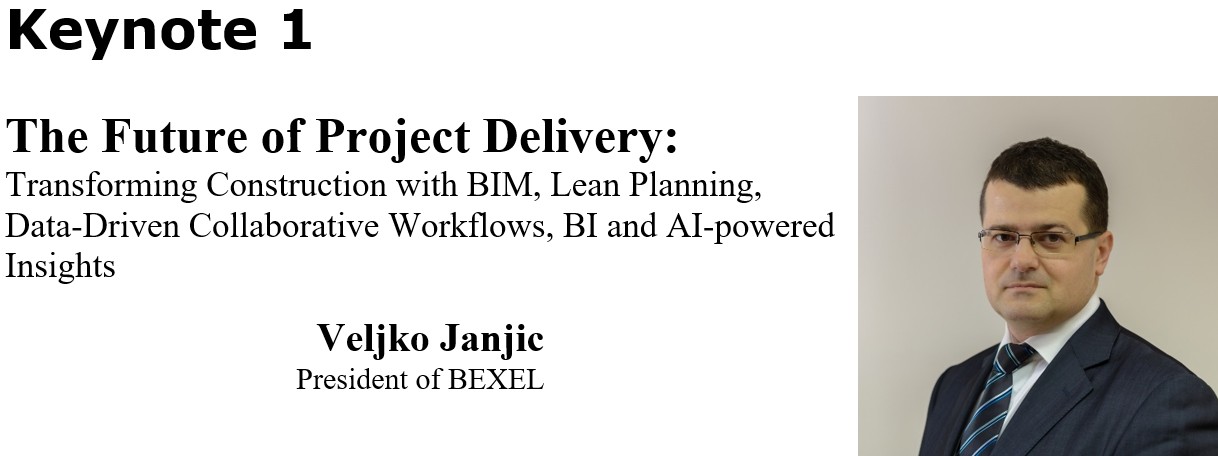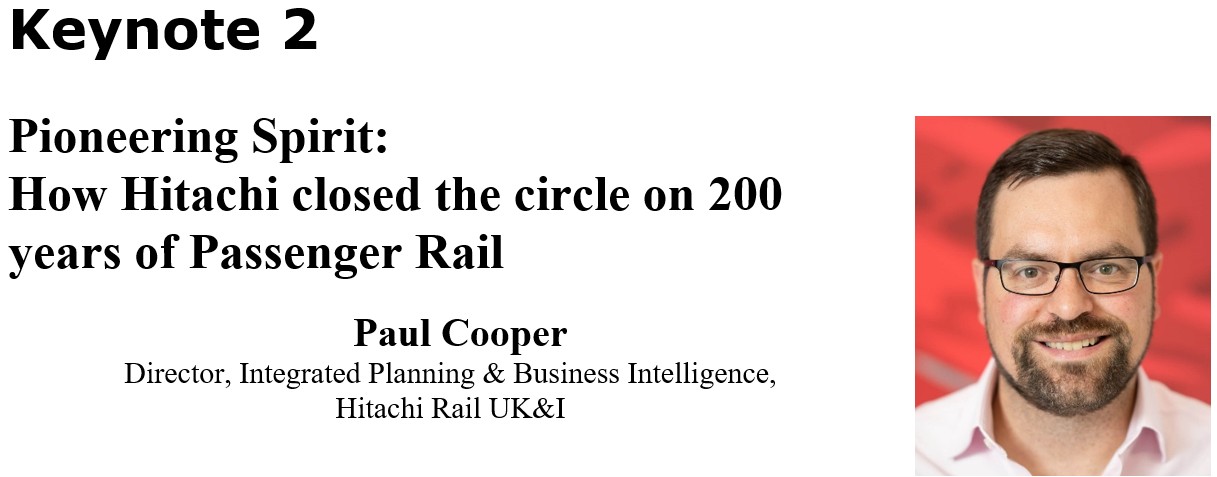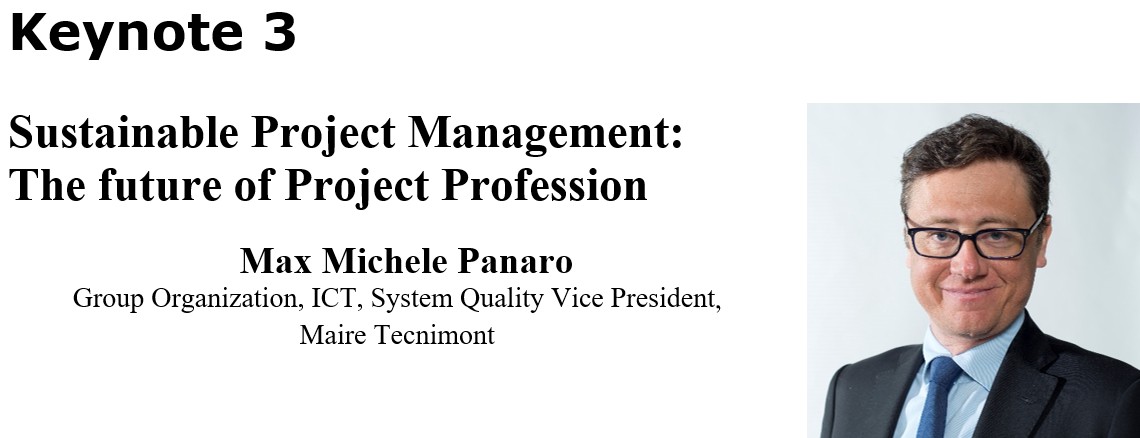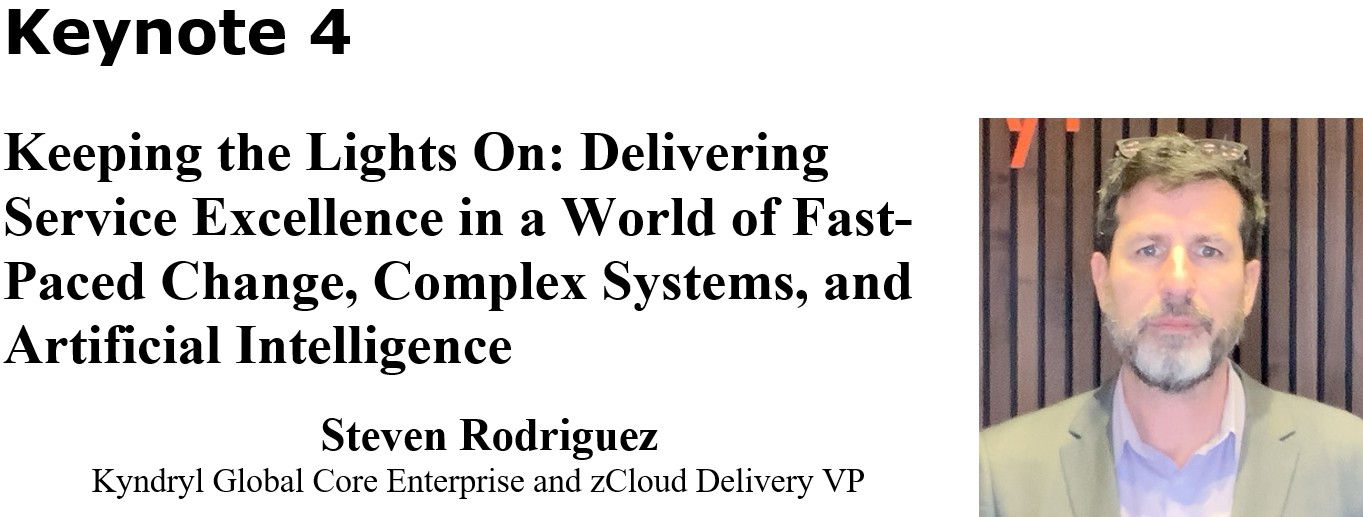Abstract:
- The construction industry is entering a new era where digitalization, data integration, and advanced collaboration redefine how projects are delivered. This lecture explores how the convergence of BIM, Lean Planning, Business Intelligence, and AI-powered insights is transforming project management into a smarter, more efficient, and more collaborative process.
- The role of the common data environment (CDE) is highlighted as the backbone of integrated project delivery, ensuring that all stakeholders – project managers, superintendents, planners, subcontractors, designers, BIM managers, and coordinators – operate within a single source of truth, fostering seamless communication, clearly-distributed responsibilities, and efficient collaboration.
- By leveraging a multi-domain approach that integrates design analysis and data management, lean planning, cost and resource estimations and operational takt planning, combined with direct data flows between CDE, BIM and ERP systems, projects gain unparalleled transparency and control.
- Lean principles and the Last Planner® Method within the Takt Planning that is integrated with project data and directly into the project communication, offer flexibility while mitigating risks, stimulating timely actions, and ensuring predictability at both strategic and operational levels. This integration empowers teams to minimize waste, optimize sequencing, and adapt reliably to on-site dynamics while maintaining clear communication across roles. A critical emphasis is placed on safety risk mitigation, embedding safety considerations directly into BIM-driven planning and monitoring processes. By identifying and analysing risks early, organizations can prevent hazards, protect workers, and ensure compliance while improving overall project performance. Advanced Business Intelligence dashboards enhance decision-making, by providing reliable project insights, and going beyond individual projects to portfolio-wide analytics, enabling organizations to make data-driven strategic choices. Finally, the lecture demonstrates how AI-powered insights, drawn from vast project and portfolio databases, unlock new possibilities for predictive analytics, benchmarking, and proactive decision-making. This capability elevates project management from reactive problem-solving to forward-looking strategy, improving both short-term efficiency and long-term competitiveness. Through practical applications, real-world examples, and measurable outcomes, this session offers a comprehensive perspective on the future of project delivery — where BIM, Lean Planning, data-driven collaboration, BI and AI converge to create safer, smarter, and more sustainable construction.
|
Biography:
- Veljko Janjić is an esteemed BIM expert and lecturer, and creator of the BEXEL Manager platform. He founded BEXEL motivated by the high-cost overruns, delays, and productivity issues of construction projects. Being a member of Stanford University’s CIFE Industry Advisory Board and Technical Advisory Committee since 2009, he believed that developing comprehensive BIM project management processes and state-of-the-art software for their implementation would be a solution.
- Veljko is a Steering Committee member of buildingSMART International Construction Domain and a Vice-Chair of the FIDIC EFCA BIM and Digitalization Committee, monitoring the developments in regulations, normalization like ISO and CEN, open BIM standards, software market, etc. He is also the President of BIM Serbia (buildingSMART Serbia Chapter) and one of the founding members of siBIM (buildingSMART Slovenia Chapter).
- He lectured at many high-profile professional conferences in the field of BIM and project management including multiple buildingSMART International Summits (Tokyo (2018), Dusseldorf (2019), Beijing (2019), online summits (2020, 2021), Montreal (2022), Rome (2023), Lillestrom (2023), Valencia (2024), Marrakesh (2024)). He has been a guest lecturer at a number of universities worldwide, at BIM A+ European Master in BIM, and also within the European Council of Engineers Chambers (ECEC). He maintains collaboration with academic institutions, educating companies and individuals regarding the benefits, potential and multiple ways BIM can be implemented and utilized.
- Veljko has been co-author of the Strategic Plan for Digitalization of Construction in collaboration with the Ministry of Economic Development and Technology of the Republic of Slovenia and was the official reviewer of BIM Guidelines within the Slovenian Chamber of Engineers. Also, he has been a co-author of a Booklet on ISO standard 19650 Information management using BIM published by EFCA.
|










